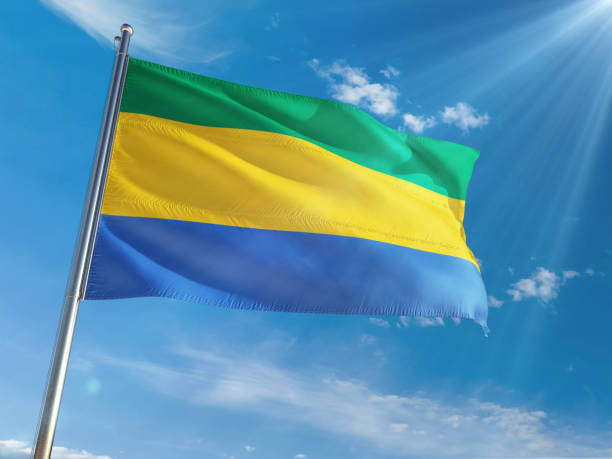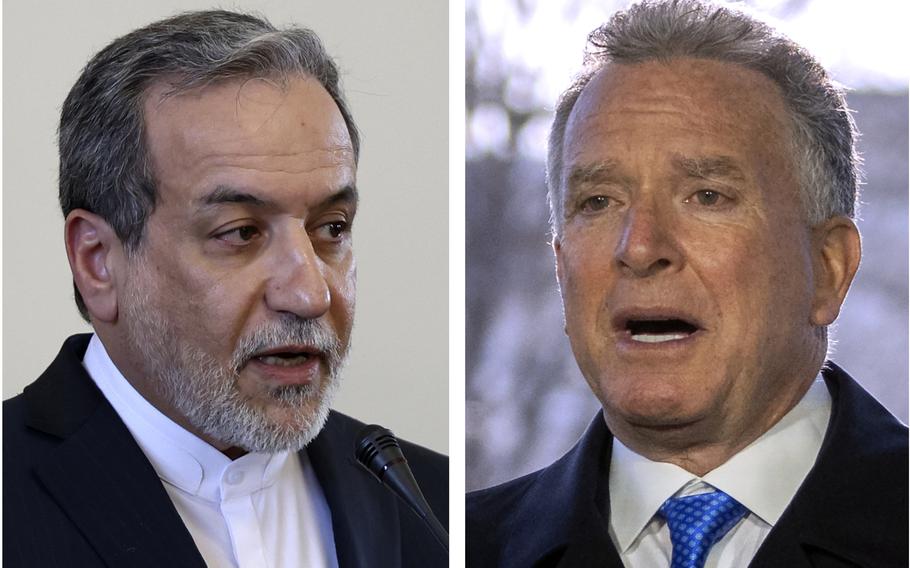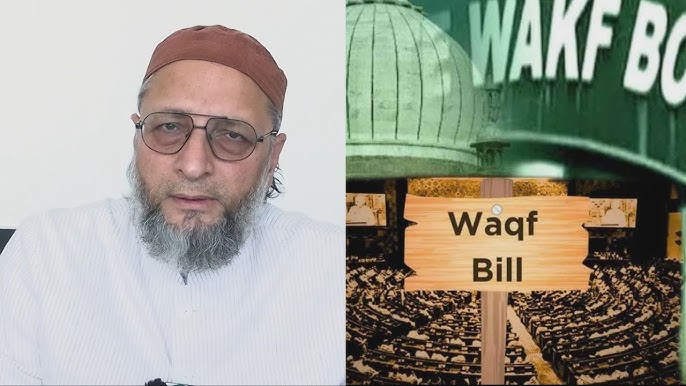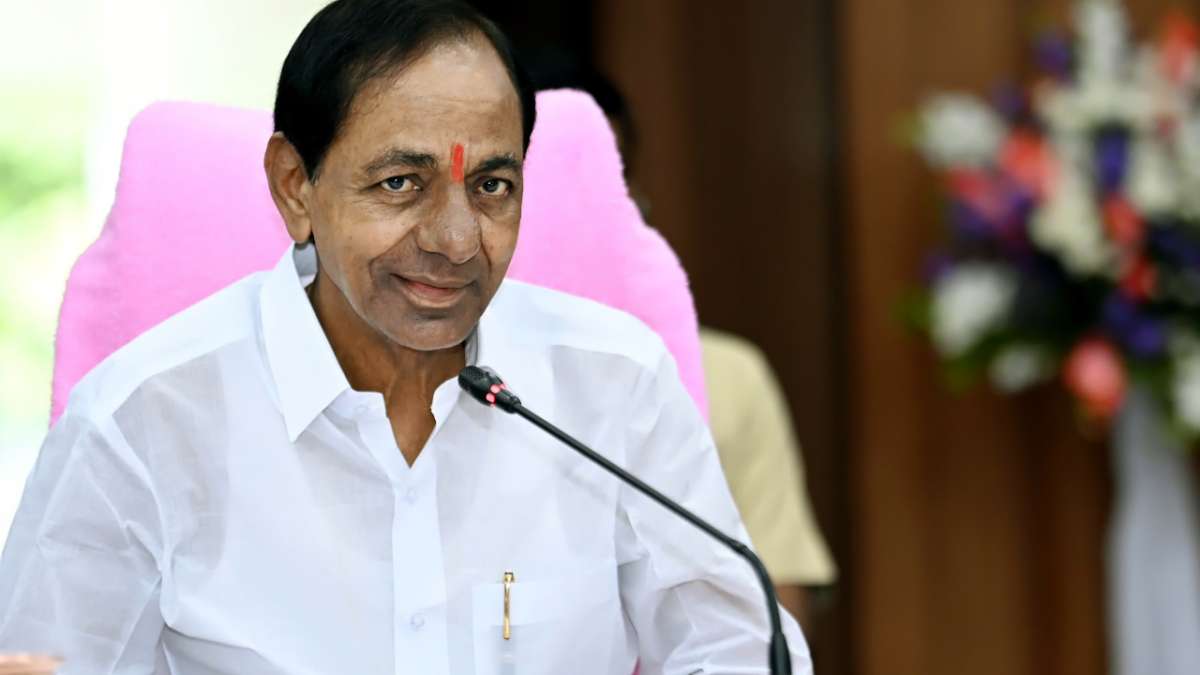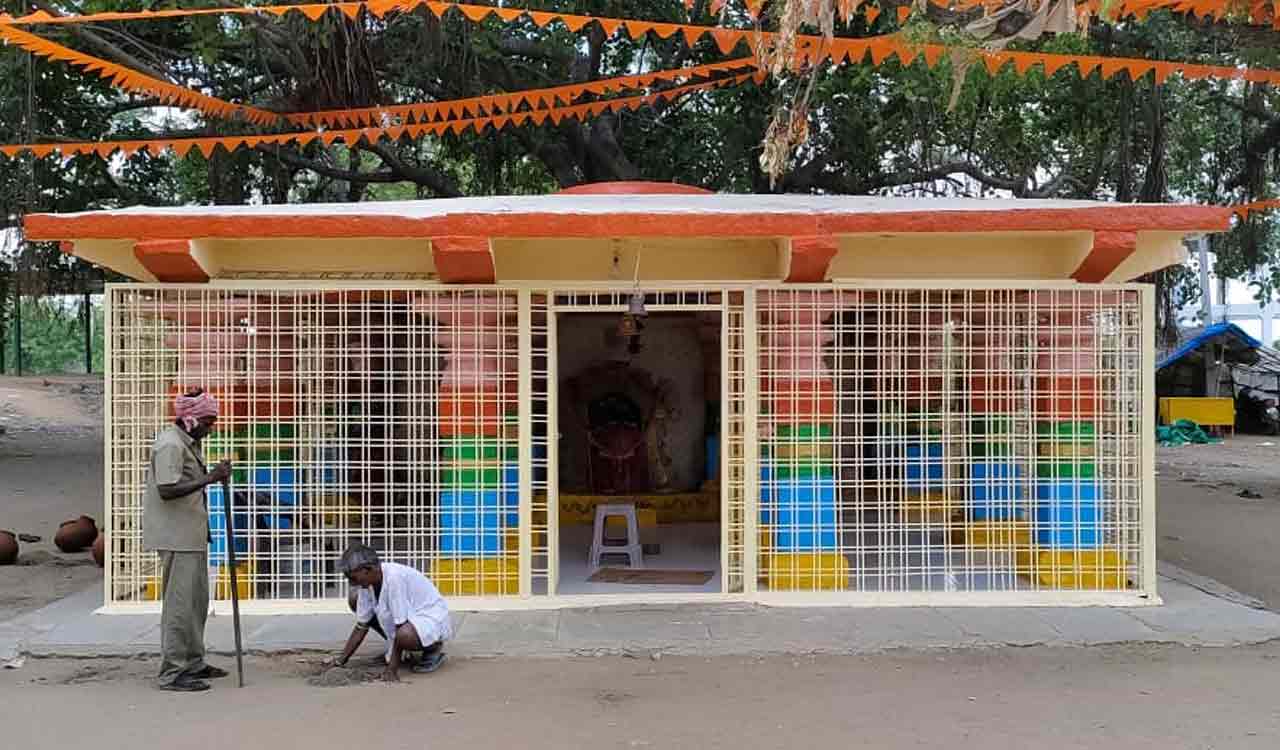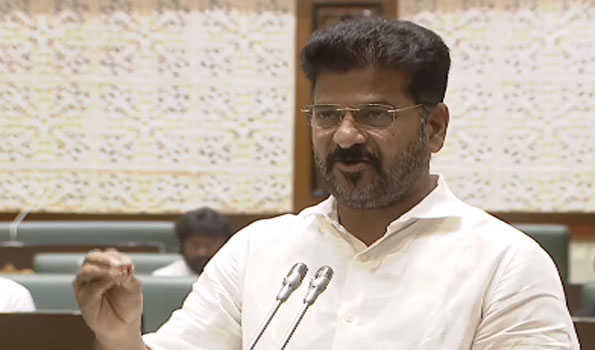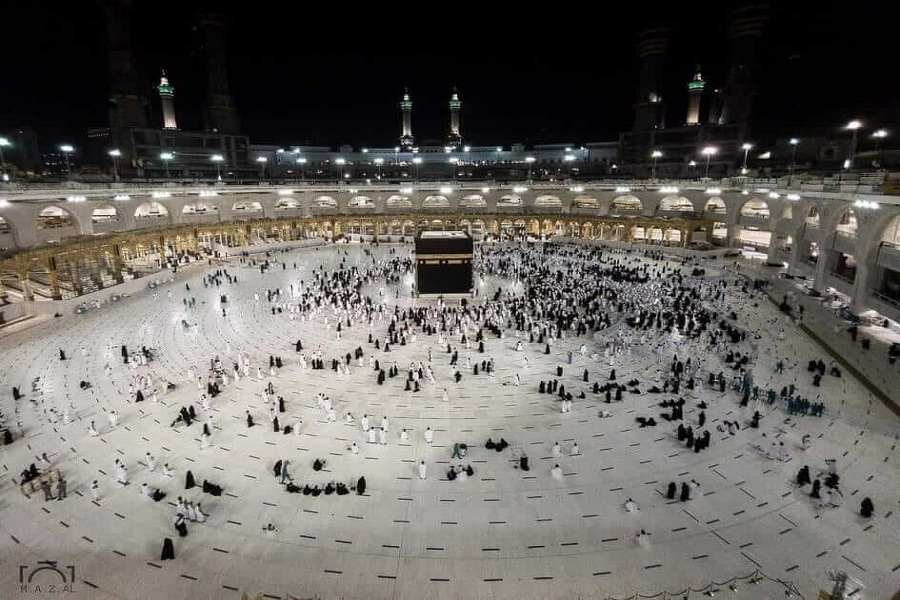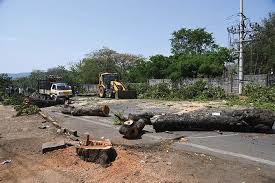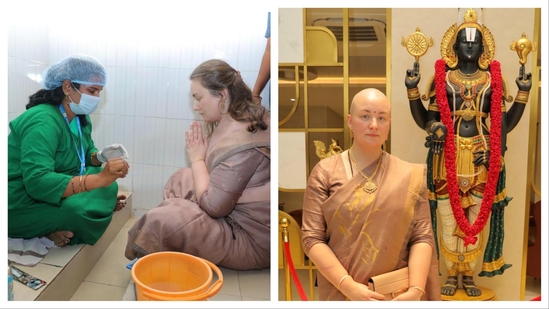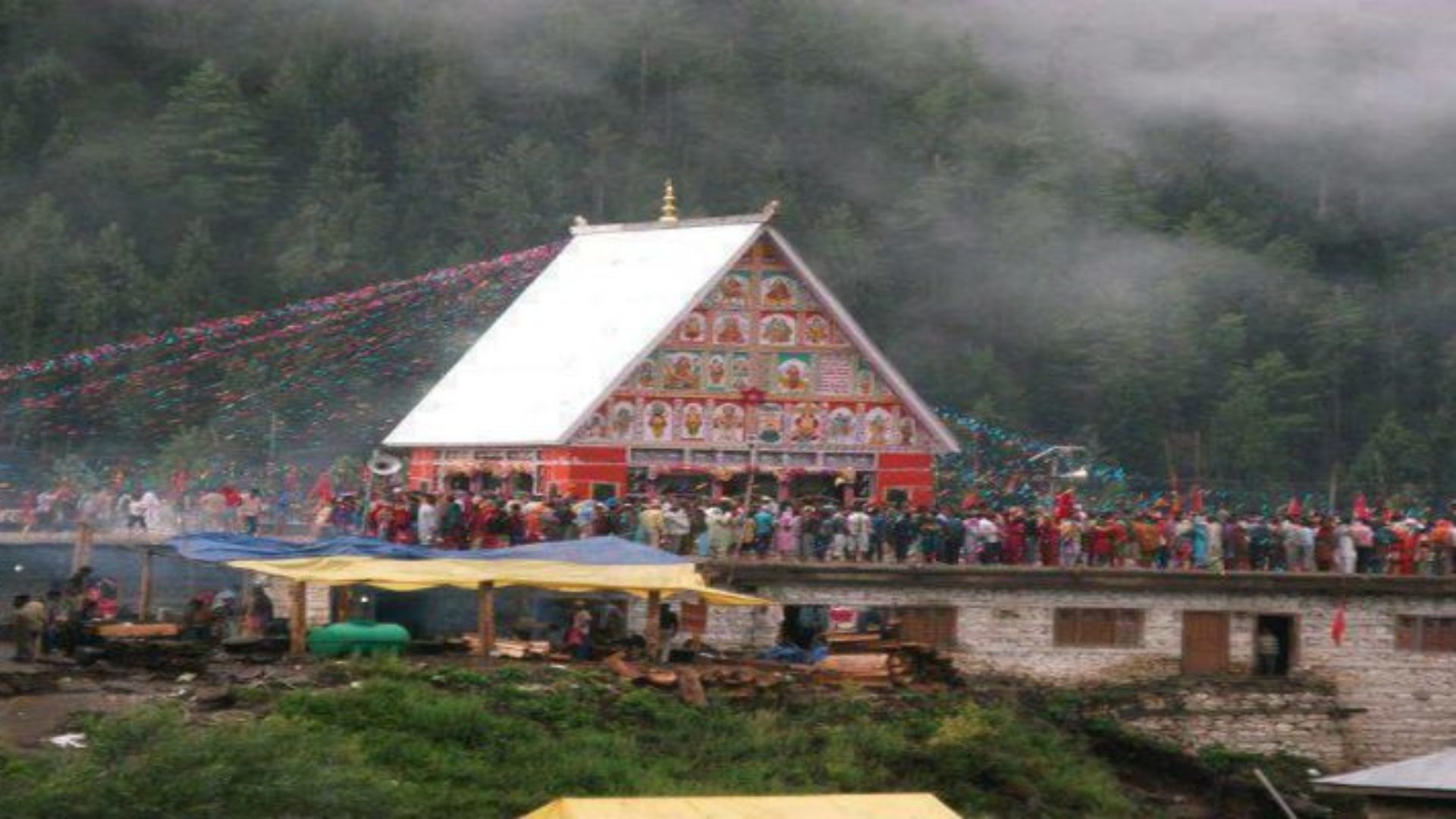Syria regime launches 3rd chemical attack
Sun 23 Oct 2016, 09:51:48
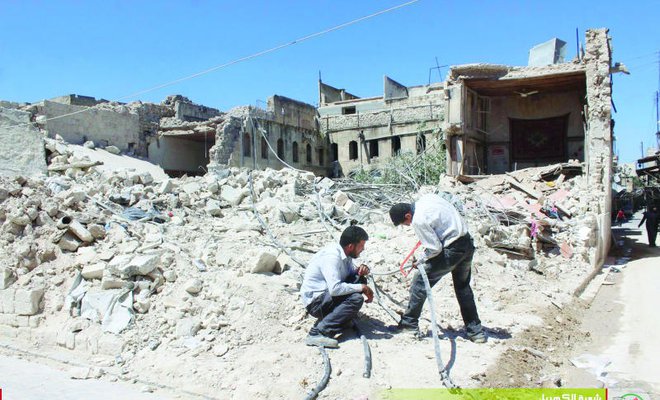
An international team has determined that the Syrian government carried out a third chemical attack in the conflict-wracked nation, according to a report released late Friday.
In August, the team from the United Nations and the chemical weapons watchdog blamed President Bashar Assad’s government for using chlorine gas in two attacks and Daesh fighters for using mustard gas in one attack.
The team said at that time that three other attacks indicated possible government involvement.
In a report sent to the UN Security Council late Friday and seen by The Associated Press, the team said there was “sufficient evidence” to conclude that Syrian forces were responsible for one of the attacks in Qmenas in Idlib governorate on March 16, 2015.
It said a device, dropped from a high altitude, “hit the ground and released the toxic substance that affected the population.” Witnesses and hospital staff identified the smell and symptoms of chlorine gas.
The team concluded, however, that there wasn’t enough evidence to determine responsibility for the two other attacks.
The experts said they couldn’t confirm the use of barrel bombs in Kfar Zita in Hama governorate on April 18, 2014, because the remnants of the device allegedly used had been removed and couldn’t be linked with certainty to the location.
They said additional witnesses corroborated that a canister with traces of chlorine was found in Binnish in Idlib governorate on March 24, 2015. But they said the exact time and location couldn’t be established and the canister couldn’t be linked to any of the incident locations.
The panel said “it is crucial to hold those who use or intend to use chemicals as weapons accountable for their acts, as it is fundamental to deter all those who continue to believe that there is something to be gained in the use of toxic chemicals as weapons.”
Hundreds of wounded civilians were stranded in rebel-held areas in the city Saturday as the UN said security concerns were again preventing evacuations despite Russia extending a cease-fire into a third day.
The unilateral “humanitarian pause” in the Syrian army’s devastating Russian-backed assault on the opposition-controlled east of the city has largely held since it began on Thursday morning.
The army says it is an opportunity for civilians and rebel fighters who lay down their arms to leave.
But so far only a handful of the 250,000 civilians still living in the rebel sector have left, and the UN’s plan to evacuate injured people has stalled.
An AFP photographer in the Bustan Al-Qasr neighborhood at one of the crossings the army has set up for evacuations said it was deserted on Saturday morning.
After
three months of siege by the army and nearly four weeks of relentless airstrikes by Syrian and Russian warplanes, trust in government assurances of safe passage is minimal.
three months of siege by the army and nearly four weeks of relentless airstrikes by Syrian and Russian warplanes, trust in government assurances of safe passage is minimal.
“Members of popular civil committees from regime districts entered the eastern neighborhoods to try to evacuate the injured but failed,” said Rami Abdel Rahman, head of the Syrian Observatory for Human Rights. Syrian state media and Russian authorities have accused rebels in the east of preventing civilians from leaving and using them as “human shields.”
Meanwhile, Russian President Vladimir Putin’s spokesman said the entire territory of Syria must be “liberated,” dismissing demands for President Bashar Assad’s departure as “thoughtless.”
Dmitry Peskov said Assad needs to stay in power to prevent the country from falling into the hands of extremists.
“There are just two options: Assad sitting in Damascus or the Nusra sitting in Damascus,” Peskov said in a reference to the Nusra Front, Al-Qaeda’s branch in Syria that renamed itself Fatah Al-Sham Front earlier this year. “And Assad must sit in Damascus to ensure a political settlement.”
Peskov’s statement comes as the break in the fighting Russia has declared in the besieged city of Aleppo entered its third day. He said Russia’s decision to extend the break, which was initially declared for just one day Thursday, wasn’t a concession to Western pressure.
Peskov said the goal of the Russian campaign is to fight “terrorists,” saying that the fall of the Syrian government would cause new flows of refugees and more terror attacks in Europe.
“Some countries are trying play with the devil and use terrorists to get rid of Assad, and some just say thoughtlessly that Assad must leave,” Peskov said. “If Damascus falls and terrorists take hold there, there will be no political settlement then.”
He said there is little hope that the Syrian conflict could end soon, adding that it will require a “long and hard work by the international community.”
“The territory of Syria must be liberated,” Peskov said. “It must be liberated and everything must be done to prevent the country’s breakup, which could have catastrophic consequences for the entire region.”
Asked if the deployment of a Russian aircraft carrier into the eastern Mediterranean was intended as a warning for the US against striking Assad’s forces, Peskov said Russia already has sufficient military assets in Syria.
The Admiral Kuznetsov carrier and escorting ships sailed through the English Channel Friday en route to Syria’s shores. Russia has a navy repair supply facility in the Syrian port of Tartus, the only such outpost the country has outside the former Soviet Union.
No Comments For This Post, Be first to write a Comment.
Most viewed from International
Most viewed from World
AIMIM News
Latest Urdu News
Most Viewed
May 26, 2020
Do you think Canada-India relations will improve under New PM Mark Carney?
Latest Videos View All
Like Us
Home
About Us
Advertise With Us
All Polls
Epaper Archives
Privacy Policy
Contact Us
Download Etemaad App
© 2025 Etemaad Daily News, All Rights Reserved.

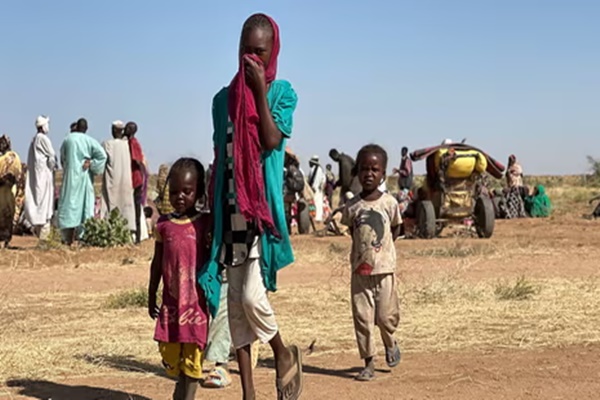

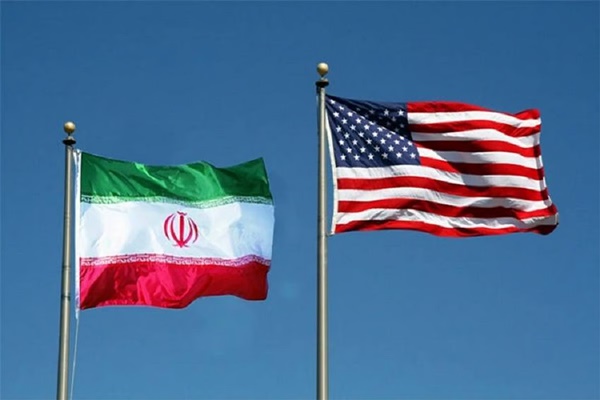
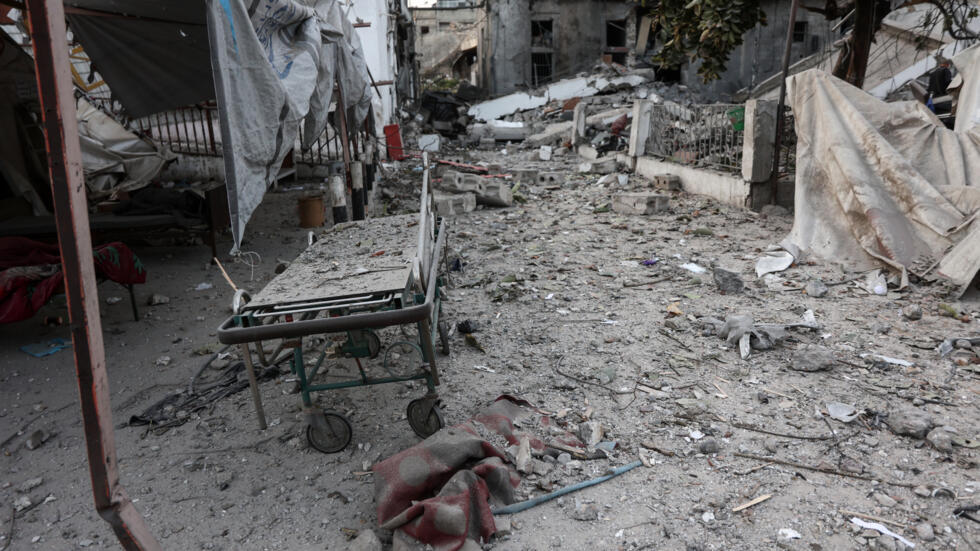
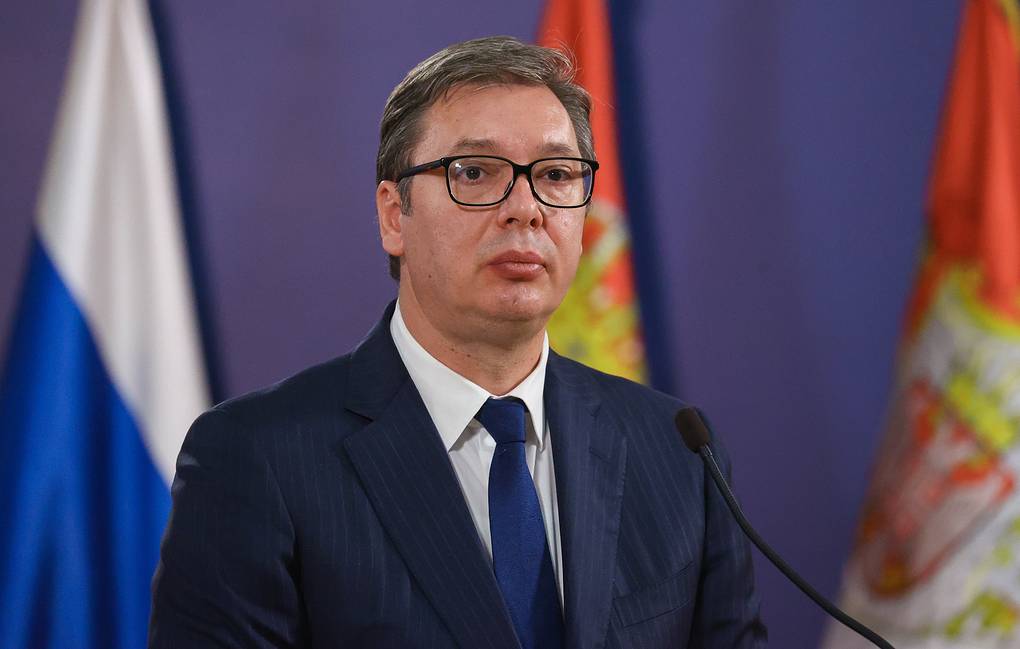
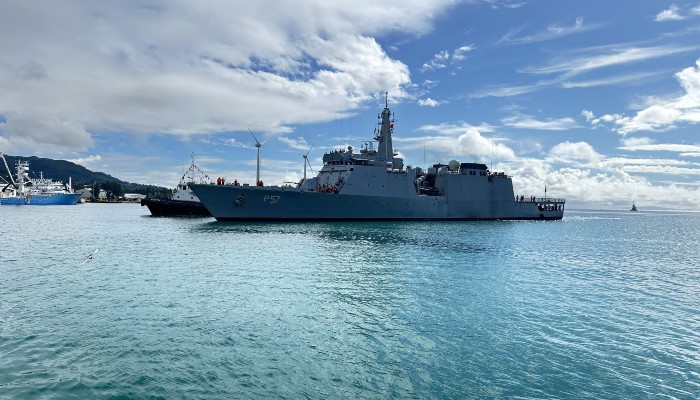
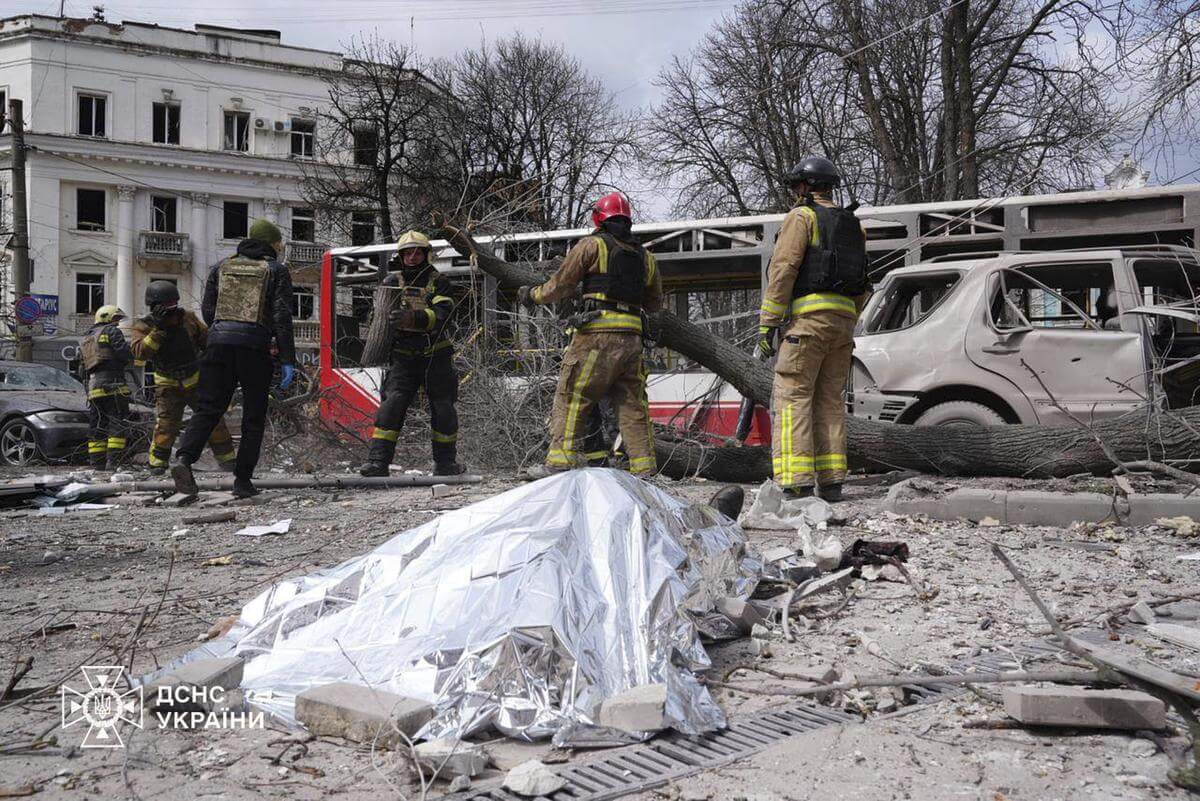
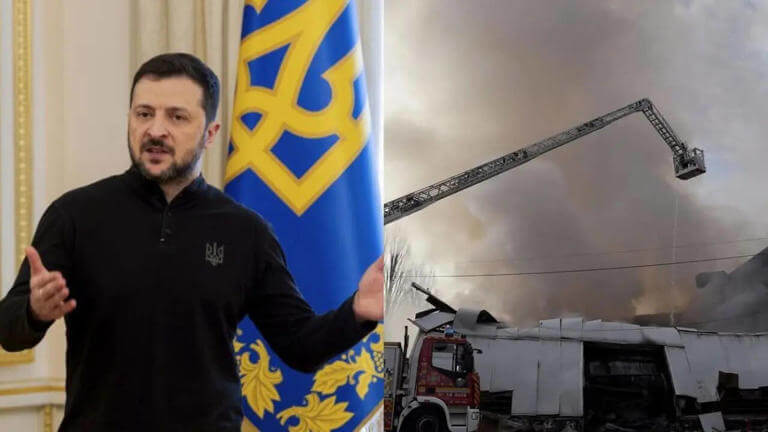

.jpg)
